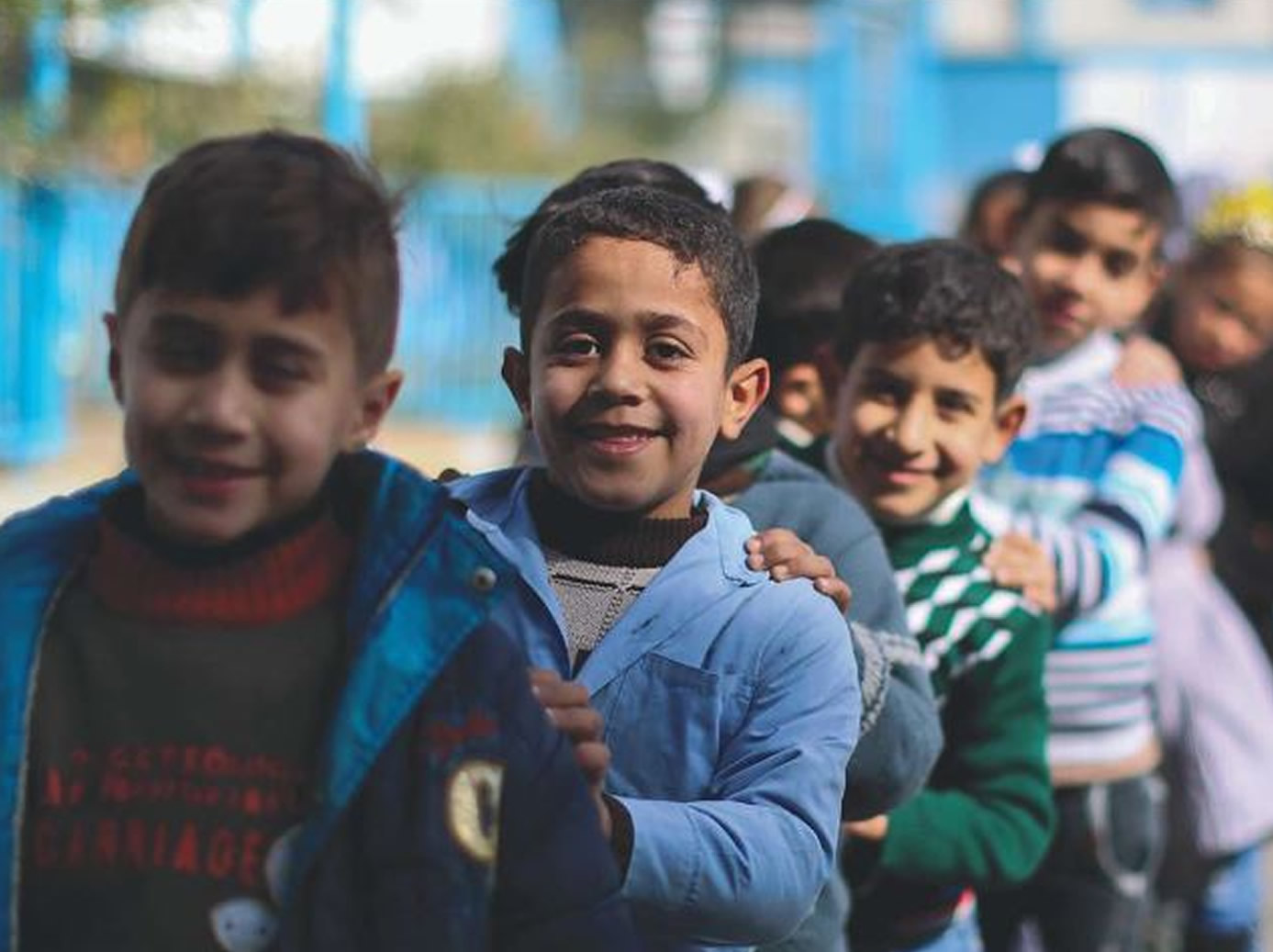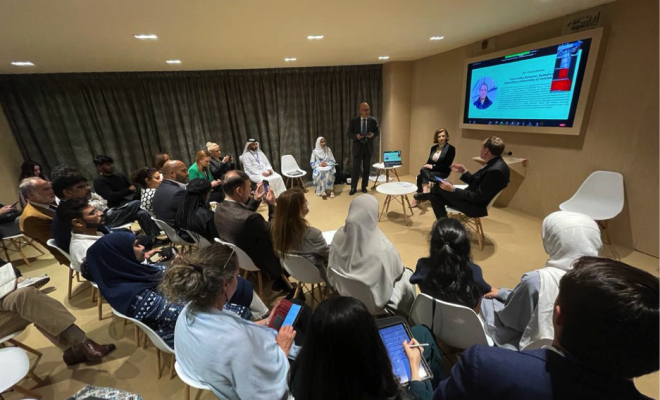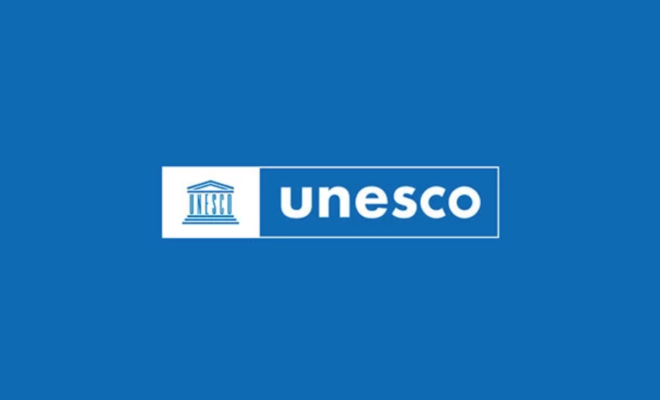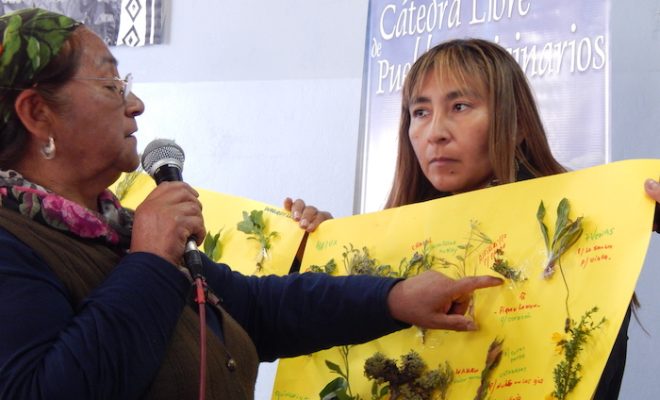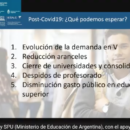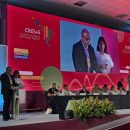New project will map routes to higher education for Venezuelan refugees and migrants

In the framework of the World Refugee Day, UNESCO IESALC announces the launch of the project “Migration, mobility and the right to higher education in Latin America and the Caribbean: mapping routes to higher education for Venezuelan refugees and migrants”. This ambitious project, carried out in collaboration with UNESCO offices in Mexico, Chile, Peru, Colombia, Argentina, Uruguay and Brazil, and with the support of the Section of Education in Emergencies of UNESCO (Paris), seeks to address the barriers to higher education faced by Venezuelan refugees and migrants in the region.
The refugee and forced displacement crisis from Venezuela has generated one of the largest global humanitarian emergencies, affecting more than 7.7 million people (UNHCR, 2023). Despite the growth in higher education enrollment in the region, less than 6% of Venezuelan refugees and migrants have access to higher education (UNHCR), facing great challenges in terms of availability, accessibility and quality of education.
Existing policies and good practices
The project, which will run from June to December 2024, will focus on analyzing and mapping the policies implemented by countries in the region to support the right to higher education for Venezuelan refugees. The study will cover countries such as Argentina, Brazil, Chile, Colombia, Mexico, Peru and Uruguay, investigating existing policies and identifying good practices that can be replicated in other contexts.
To carry out this study, UNESCO IESALC will work closely with its local offices in Latin America and the Caribbean. Detailed case studies will be conducted in each country, assessing how education policies targeting Venezuelan refugees are implemented and executed. In addition, workshops and consultations will be organized with education authorities, non-governmental organizations and Venezuelan students to validate the findings and discuss recommendations.
The project will not only seek to identify best practices in education, but also to provide practical and evidence-based recommendations to improve access to and quality of higher education for Venezuelan refugees. Upon completion, a detailed report will be published that will serve as a guide for policy makers, international agencies and education stakeholders interested in addressing this issue.
For more information about the project and to coordinate interviews, please contact: f.ceserani@unesco.org
RELATED ITEMS
